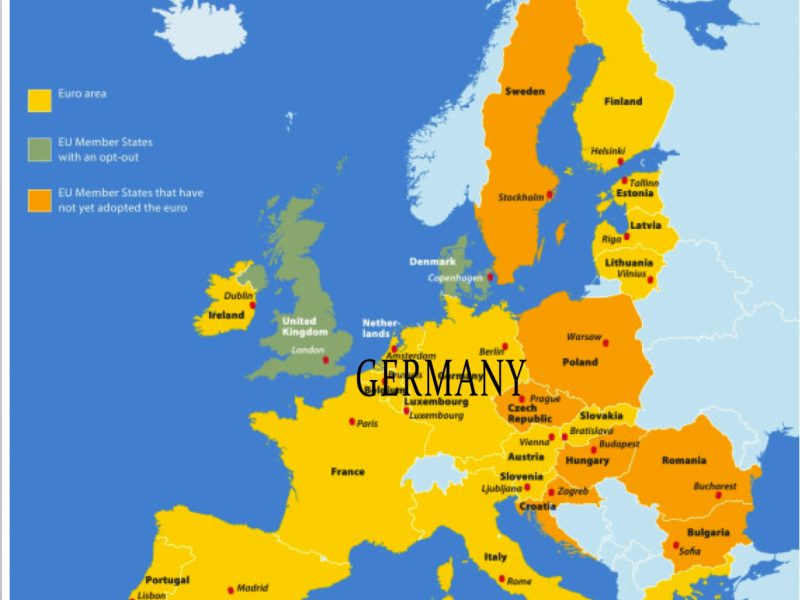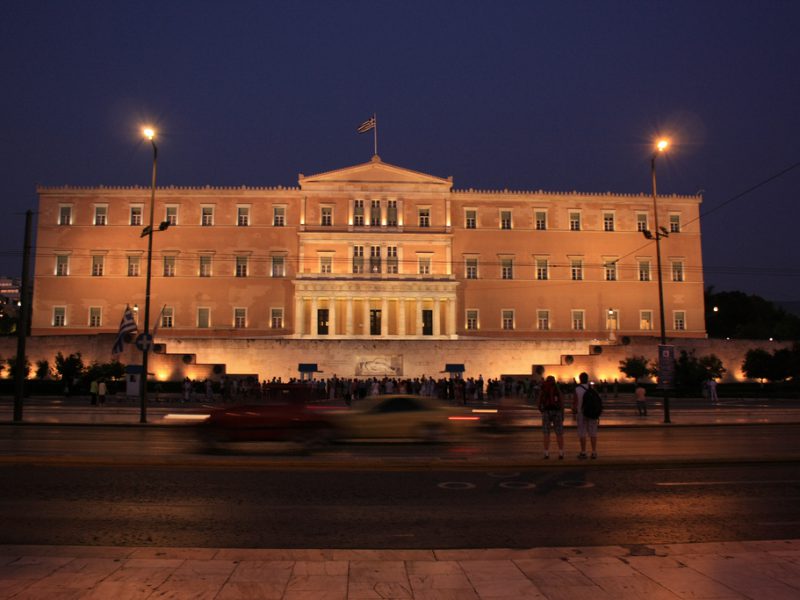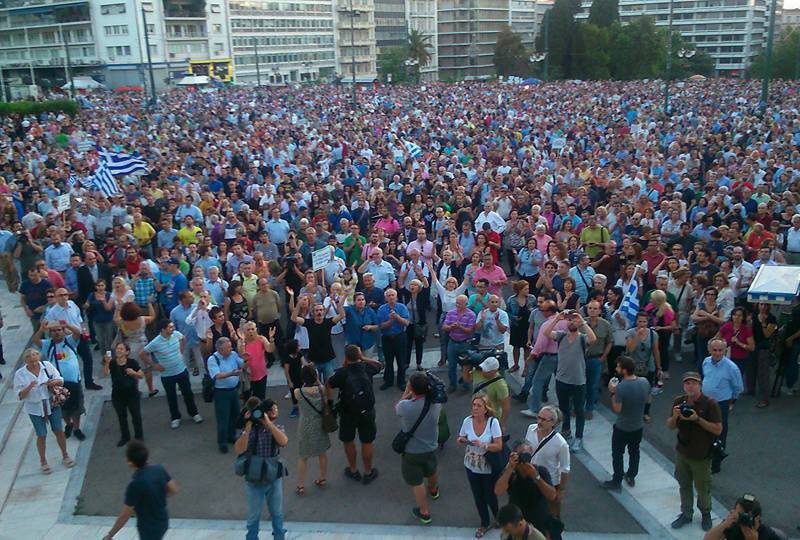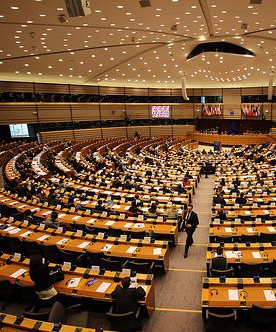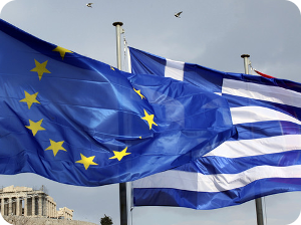This cannot be a German Europe…
The fight about Greece’s bailout deal that is taking place within the Eurozone and the EU is not just about the sums of money that Greece may or may not get, and the reforms that it may or may not implement in return. There is a deeper fight about the nature of the European project and even the soul of Europe that cannot be ignored.

